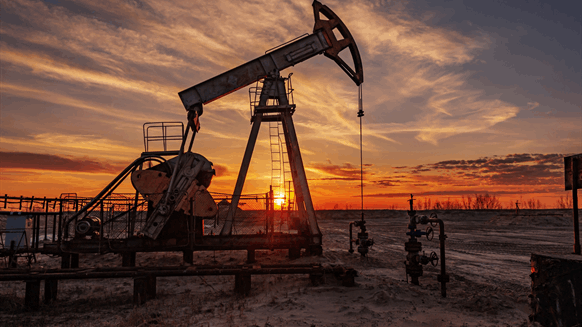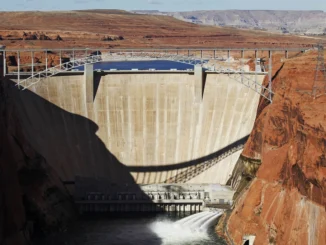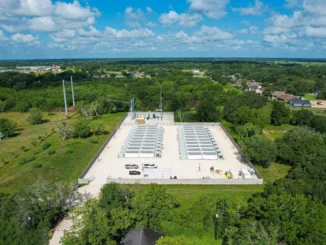
Legislation has been proposed before the California assembly to penalize oil and gas drillers for low-producing wells near communities until they plug and abandon these wells.
AB2716, introduced February by lawmaker Isaac Bryan and amended in the state’s lower legislature last week, builds on SB1137, a California law passed September 16, 2022, prohibiting the issuance of well permits and the construction and operation of new production facilities within 3,200 feet of residential homes, educational buildings and healthcare facilities, among other locations.
“The bill would define a low-production well for these purposes as an oil or gas well that produces, on average, fewer than 15 barrels of oil a day during any period of 12 consecutive months, or a natural gas well whose maximum daily average gas production does not exceed 60,000 cubic feet of gas, per day, during any period of 12 consecutive months”, the assembly said in a digest of the bill.
The penalty also covers idle wells but excludes dedicated injection wells, observation wells and natural gas storage wells.
“The bill would prohibit, commencing July 1, 2026, a well located within 3,200 feet of a sensitive receptor from being a low-production well for more than 24 months”, the digest says. “Upon a violation of that prohibition, the bill would require the supervisor to charge an administrative penalty of $10,000 per day to a low-production well owner, until the low-production well is plugged and abandoned, as provided”.
Penalties collected are proposed to be used to plug and abandon such wells or implement other remediation measures to ensure the safety of people and the environment from risks posed by oil and gas sites.
The California Independent Petroleum Association said the bill would lead to a rise in energy prices and give leverage to producers abroad that operate with looser environmental safeguards.
“This bill aims to cripple California’s economy and increase the cost of living for every Californian”, Rock Zierman, chief executive of the association, said in a statement to Rigzone. “The bill would shut down 83 percent of all wells in California which account for 41 percent of total production”.
A report by the FracTracker alliance April 7, 2022, said there were 28,000 operational oil and gas wells within the 3,200-feet restriction of SB1137, accounting for over 24 percent of all operational wells in California and 24 percent of statewide oil production.
According to the latest data from the United States Energy Information Administration (EIA), California had a 2.3 percent share of national crude oil production and a 4.2 percent share of national petroleum reserves in 2021, or 302,000 barrels and 1.7 billion barrels in state share respectively.
California’s natural gas reserves and production of marketed gas both had less than one percent in national share 2021, according to the data on the EIA website.
Zierman added the closure of wells covered by the new bill “will increase imports from foreign countries, increase gas prices, eliminate jobs, and worsen the environment by relying more on overseas oil that doesn’t follow our strict environmental regulations”.
California’s Conservation Department, tasked with regulating the environmental impact of the hydrocarbon and mining industries, said it had no comment on the pending legislation, in a reply to a Rigzone request.
Meanwhile a veto referendum has been scheduled for November 2024 for Californians to decide the fate of SB1137, as announced by the California Office of Secretary of State February 3, 2023.



